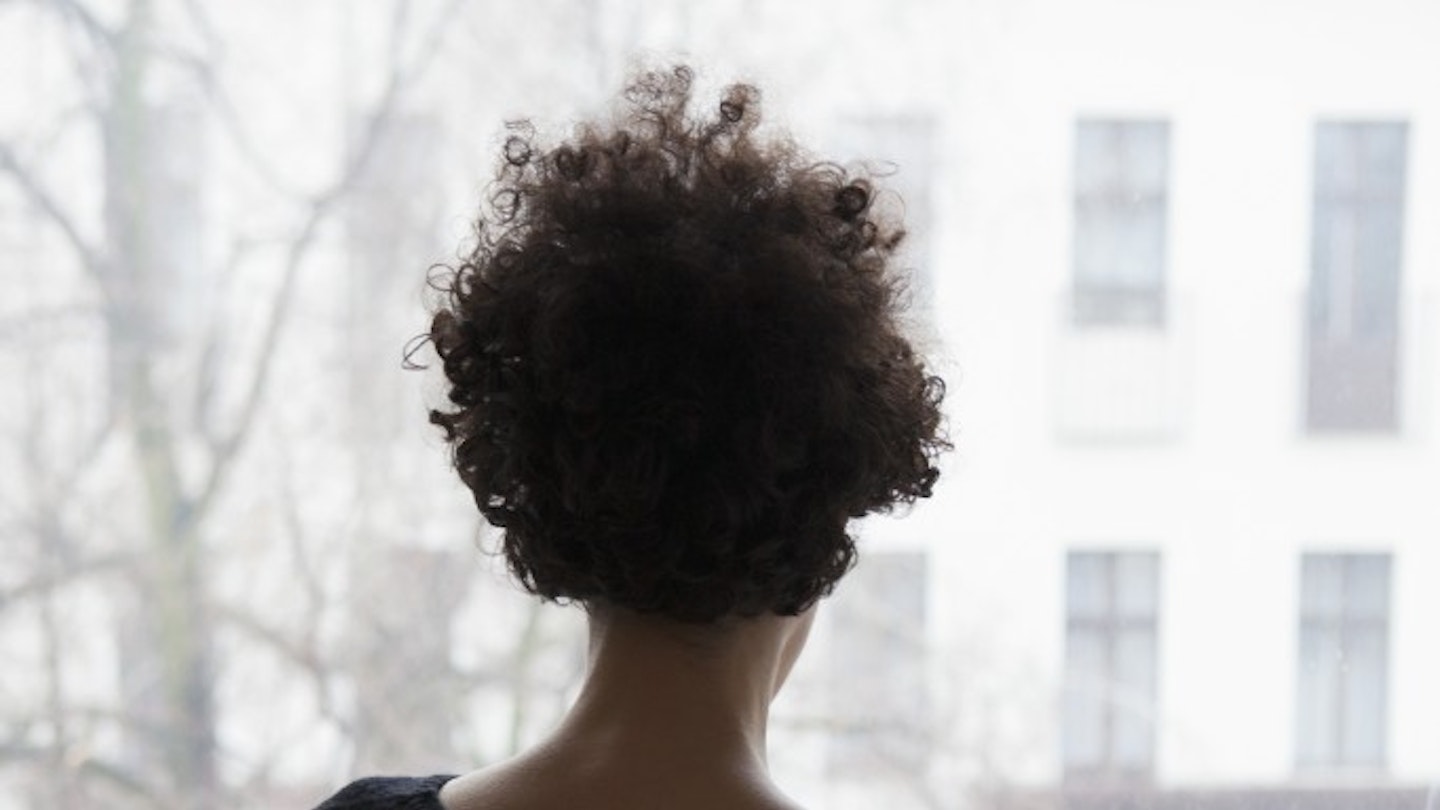If you’ve had a miscarriage of any sort, finding the right support will be an immense help in this difficult time, whatever stage of pregnancy you were at.
Sharing the experience of miscarriage or stillbirth can help you to start to move on from it. It may not make the feelings go away but it will increase the sense of being supported and make you feel less alone in the situation. You might want to rely on your partner, a friend or family member for emotional support, or turn to one of the many miscarriage support networks.
Your partner
He might be the first person you want to turn to after your miscarriage. After all, he was just as involved in the process, even if it didn’t physically happen to him. Talk through how you both feel about the miscarriage, and what you want the next steps to be.
‘Both write down on a piece of paper how you feel, then swap your papers so you can both get a deeper understanding of each other’s emotions,’ suggests says fertility specialist and therapist Susie Gower.
Talking to each other will bring you closer at a time you need it most, and your strengthened couple bond will make it that much easier if and when you decide to try again.
Your BFF
A good friend can be the best source of comfort during a difficult time. When you open about your experience, you may be surprised at just how much better she makes you feel. ‘Talking allows you to let go of feelings that are very common, but important to release,’ says Susie.
Talking to someone you know has had a miscarriage before can be particularly helpful. However, remember to broach the subject sensitively. Everyone’s experience is different, and they may not want to talk about it.
Your mum
Whether it’s your mum or your sister, your family is a strong source of support. They often know you better than your friends and can help you open up without judgment. They can also offer practical support, such as shopping, cooking or cleaning, without you worrying you are asking too much of them – they love you unconditionally and will want to help.
A professional
If you find it hard to open up to those close to you, it may be easier to talk to stranger about how you feel about your miscarriage.
A qualified counsellor is detached from the situation, which you might find makes it easier for you express your emotions. Your GP can provide you with support and advice and the following organisations can also help:
The Miscarriage Association
Be put in touch with a support volunteer via the helpline 01924 200 799 (Monday to Friday, 9am to 4pm) or contact info@miscarriageassociation.org.uk.
Babyloss.com
Find a list of support groups in the UK including online miscarriage support networks.
Cruse Bereavement Care
Find your local Cruse support branch here: www.crusebereavementcare.org.uk or call the helpline 0844 477 9400 (Monday to Friday, 9am to 5pm).
As well as talking about your loss, you may also find it a comfort to get a lasting memory of your baby, such as a miscarriage tattoo.
